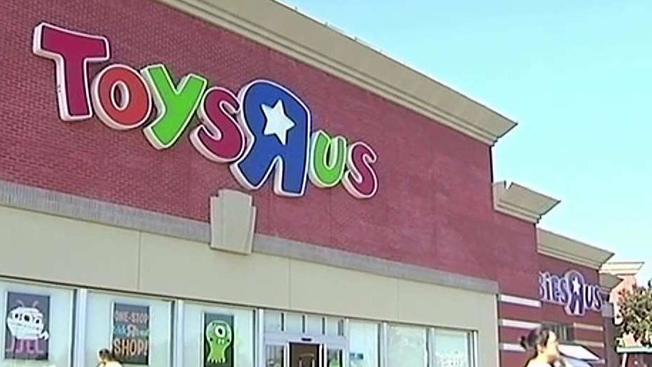The latest idea by policy makers and home mortgage lenders to tackle the foreclosure crisis seems like a winner: instead of throwing delinquent home owners onto the streets, lenders foreclose on the home and then turn around and rent it back to the erstwhile homeowner.
Even the Federal Reserve gave its nod of approval earlier this month to the strategy, releasing guidelines for lenders on how to account for these homes. Essentially, it was a win for all involved—the homeowner obviously, but also the banks. By converting foreclosures to cash-flowing rentals, banks are able to lower their "substandard assets," always a good thing for their regulators.
Another group is happy too about this latest turn: investors seeking to buy these homes in bulk. Pilot projects have been launched, and by all accounts the pro forma returns look promising.
So who’s left out in the cold? Home builders, a group that has been hammered mercilessly in the recession and is looking like it will be hammered just a little bit more as this trend gains momentum.
A few days ago, the National Association of Home Builders/Wells Fargo housing market index dropped 3 points to 25 in April. Economists had been expecting at least a 28.
It would be easy to attribute the drop to the back-and-forth nature of the recovery in general and the stilly mucky local housing markets specifically. No doubt those are having an impact, but Peter Muoio, senior principal at real estate research firm Maximus Advisors has identified another factor.
His take is that the builders may have become overly optimistic assuming that the earlier growth in the pace of existing home sales was due to organic demand. Muoio argues that the pickup in existing sales was in large part attributable to investor purchases of foreclosed homes. Unfortunately, by no stretch can such acquisition translate into purchases of new product, much as home builders and economists would like to think.
The good news, Muoio says, is that organic demand is expected to begin to emerge this year as new household formations start to pick up and look for house to own, not just rent.
Of course, when the home builders get happy, another group starts to worry: multifamily developers and investors and owners. That, though, is another subject all together.
© Touchpoint Markets, All Rights Reserved. Request academic re-use from www.copyright.com. All other uses, submit a request to [email protected]. For more inforrmation visit Asset & Logo Licensing.







